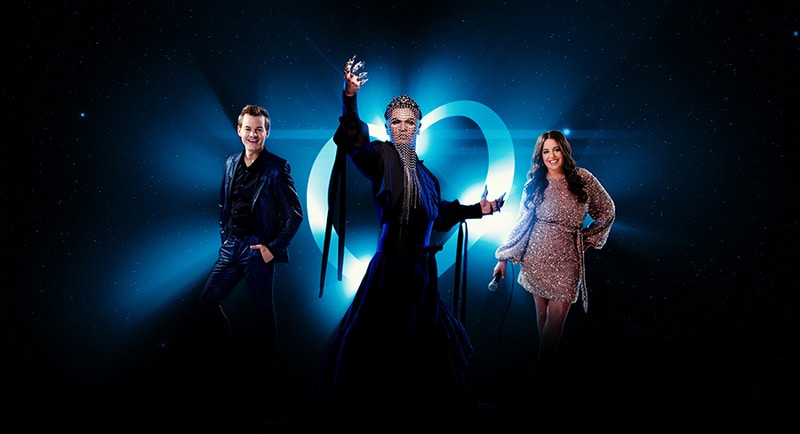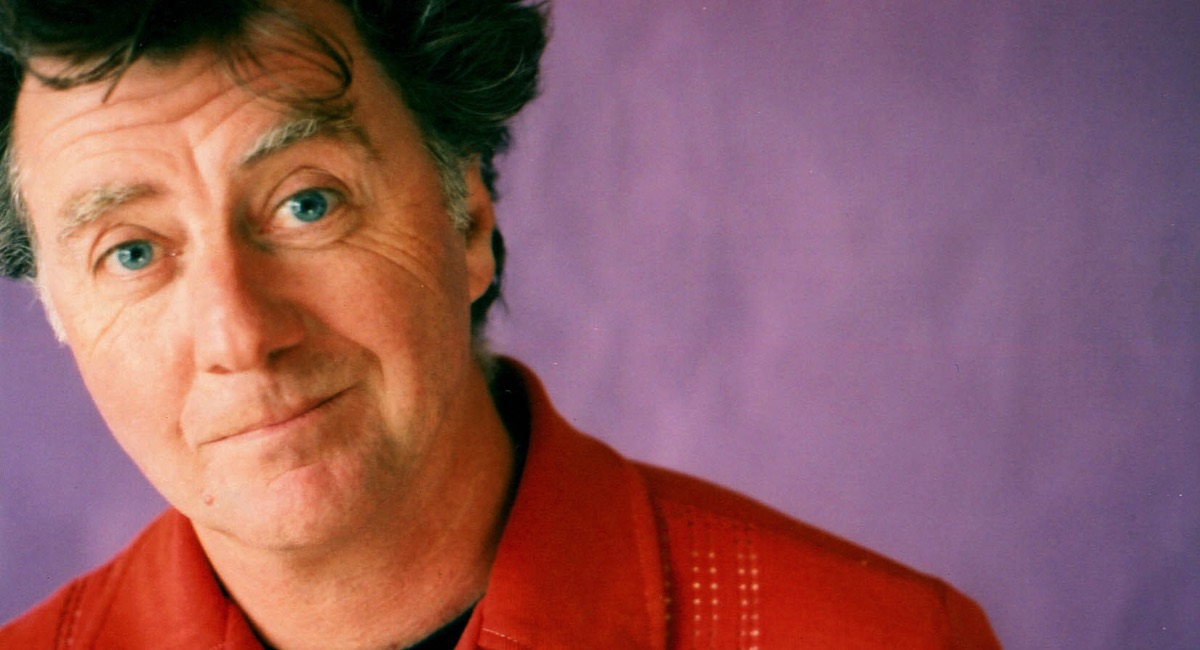The 66th Eurovision Song Contest is kicking off, with the live broadcast of the first semi-final on Wednesday 11 May at 5am (AEST) on SBS and SBS On Demand.
With covid restrictions across the globe lifting, Australia is sending Sheldon Riley to perform Not the Same in front of a worldwide audience. This year, all the colour and chaos will be beamed out to the world from Turin, Italy.
Mediaweek spoke to Paul Clarke, director of Blink TV about bringing the glitz and glamour of Eurovision to Australia – and bringing Australia to Eurovision.
Back in February, Clarke was one of the jury members for Eurovision – Australia Decides, held on the Gold Coast.
“Creatively it was a real bullseye. We’ve got a lot of great songs, and some really exciting new artists.
“I was overjoyed that Sheldon won, it’s a really personal song and I thought the staging just felt like epic Eurovision. I was really delighted about the way it all came off personally.”
This year makes a grand re-entrance for Australia, who had to compete remotely last year when Montaigne was unable to travel to Rotterdam due to covid restrictions. For Clarke, this year’s contest is unfinished business.
“Trying to get through last year from Australia was like trying to hit a tennis ball to the other side of the world, it was just such a big ask. I thought Montaigne carried herself with real grace, and she was very stoic through all that and a wonderful representative. I was so proud of her. It stung like a bluebottle when we didn’t get through to the grand final.
“This year just to be able to go back and do something extraordinary on the stage is really important to us. We want to do something memorable.”
Taking to the stage for Australia this year is Melbourne-based singer-songwriter Sheldon Riley.
“When you meet Sheldon, he’s the most friendly person, he’s just so warm,” says Clarke. “He’s so excited about this whole process and is just completely into it.
“In some ways, he was genetically engineered for Eurovision because it’s a place that really allows people to be themselves on a stage and just to turn the volume right up on what they want to say and who they want to be. I’m very excited to be able to deliver him a moment that will just stay with him for the rest of his life.”
For Clarke, rallying Australia behind Eurovision has been simple, as Australians are competitive and love to recognise themselves on the world stage.
“There’s always been a love for seeing your representatives do well if you’re Australian, whether you’re watching the cricket team, or the rugby team, or the Matildas. We’re a long way geographically from the rest of the world and you just really want to be represented well.
“It’s also the same in music, it’s wonderful to be on the other side of the world and hear an Empire of the Sun song, or a Daniel Johns song coming up on Paris radio, it’s just so exciting, just really thrills you.”

Hosts Joel Creasey and Myf Warhurst with Sheldon Riley
When Australia first joined Eurovision, there were many who saw us as more of a novelty act than a real competitor. Things have changed since then though, and Clarke says that it hasn’t taken long for us to shake that reputation.
“I’m sure there’ll be other people that arrive after us – I’m wondering how long it’s going to be before New Zealand or Canada rear their heads and go ‘Well, what about us?’. We’re less of a novelty now. The biggest challenge is when you’re competing against your friends in other countries, and you end up going through the semi-finals and they don’t – that’s not a novelty anymore.
“With the competition comes the knowledge that you’re going to put people out from Europe, and you have to be very respectful – there’s always heartbreak with Eurovision as well as joy. We’ve got a very good history of results in the short time we’ve been there.”
In amongst the joy, colour, and spectacle of Eurovision, this year there will be the very serious layer of the ongoing Ukrainian crisis to consider.
“It’s important that we acknowledge that everybody’s hearts are going to be with the Ukrainian act,” says Clarke. “The opportunity for Ukraine to be able to stand on that stage and perform that song in Ukrainian will be a very special moment.
“That’s one of the great things about Eurovision – it was set up, basically, to unify people around difficult politics. This year, I think it’ll be a really helpful process to have a Ukrainian band there and to feel their performance go around the world to 200 million people. I think that’ll be really epic.”
